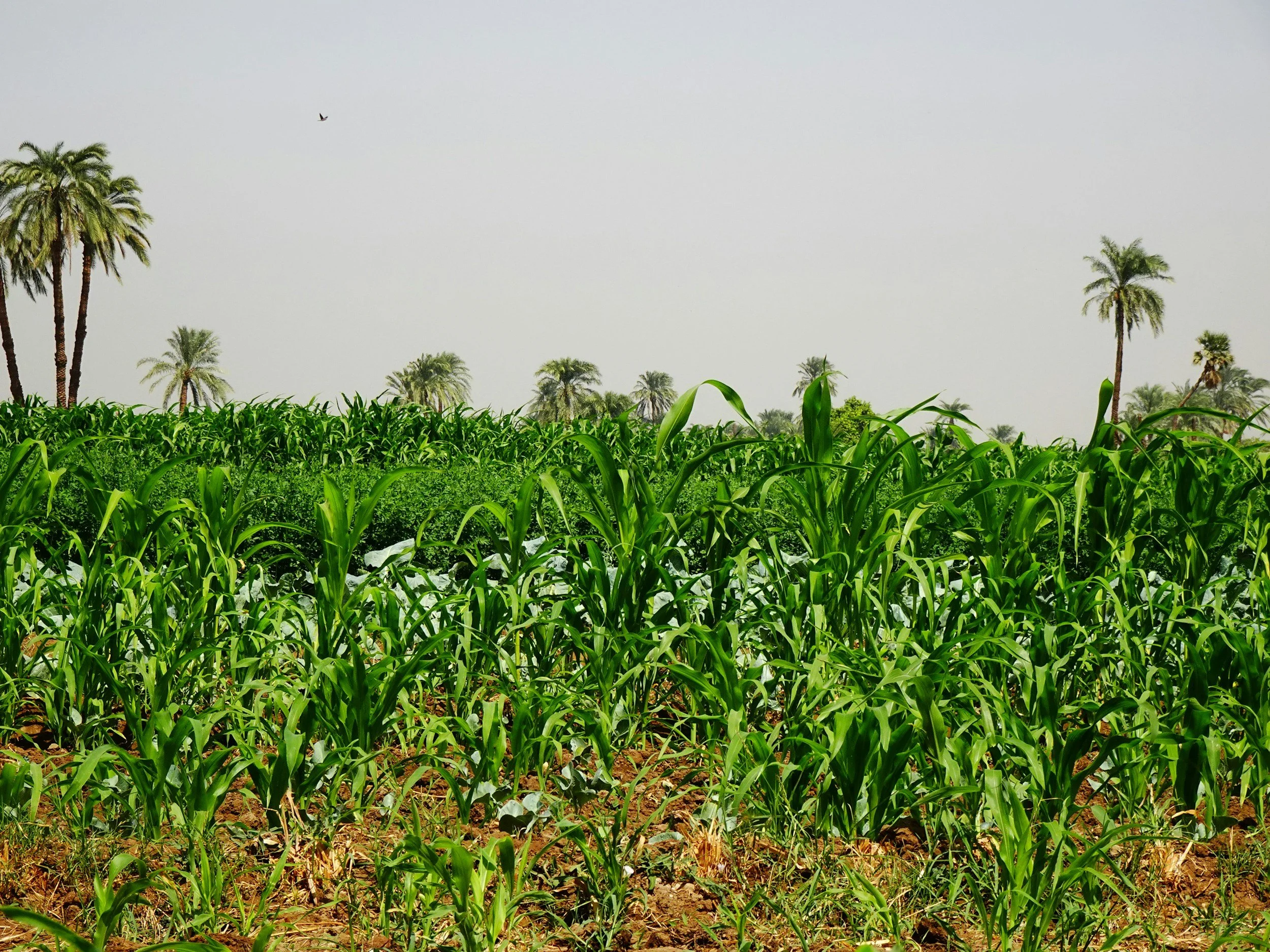
Pest and Disease Management in Selected Organic Crops
The main purpose of this manual is to both present generic principles of organic pest and disease management, as well as specific measures that apply to particular pests and diseases of prioritised crops in selected GIZ Green Innovation Centres (GIC) programme countries that are part of the Organic Agriculture Working Group. For this purpose, four crops have been prioritised, that is, cocoa commonly grown in Cameroon and Togo, field beans commonly grown in Benin, Cameroon, India, Malawi, Mali, Mozambique, Zambia and Togo; groundnuts commonly grown in Malawi, Zambia and Togo; and pineapple commonly grown in Benin and Togo. Detailed description of good production practices of some of these crops is available on the Africa Organic Agriculture Training Manual platform (www.organic-africa.net).
Key learning targets for trainers of trainers and or trainers of farmers:
Distinguish between pest and disease damage on the crops.
Develop a more in-depth understanding of how pests and disease-causing organisms that limit production and storage of agricultural products can be effectively managed in organic farming.
Understand that the organic approach to management of pests and diseases is primarily focused on prevention (as compared to direct control through use of bio-pesticides) as the first strategy, by providing good growing conditions for the plants to enhance their resilience and resistance and encouraging natural control mechanisms through promotion of natural enemies.
Recognise that a combination of prevention and management measures are required to effectively manage pests and diseases (toolbox), and that no one measure is adequate on its own.
Publisher:
Research Institute of Organic Agriculture FiBL
Responsible authors:
Brian Ssebunya, Irene Kadzere (FiBL), Bernhard Speiser (FiBL), Gilles Weidmann (FiBL)
The manual was produced by the Research Institute of Organic Agriculture FiBL and developed for the Green Innovation Centers implemented by the Deutsche Gesellschaft für Internationale Zusammenarbeit (GIZ) under the framework of the special initiative ‘One World – No Hunger’ on behalf of the Federal Ministry for Economic Cooperation and Development (BMZ) of Germany. The funding for this training manual was provided by the Global Project ‘Green Innovation Centres for the Agriculture and Food Sector’, implemented by GIZ and commissioned by the German Ministry for Economic Cooperation and Development (BMZ).
All the information contained in this manual has been compiled by the authors to the best of their knowledge. Reasonable efforts have been made by the Research Institute of Organic Agriculture FiBL and their partners to publish reliable data and information. The authors, the editors and the publishers cannot assume responsibility for the validity of the materials. Neither the authors, nor the publishers, nor anyone else associated with this publication, shall be liable for any loss, damage or liability directly or indirectly caused or alleged to be caused by the training manual and its tools. The manual’s findings, conclusions and recommendations are those of the authors, and do not necessarily reflect positions or policies of the funding organisation.